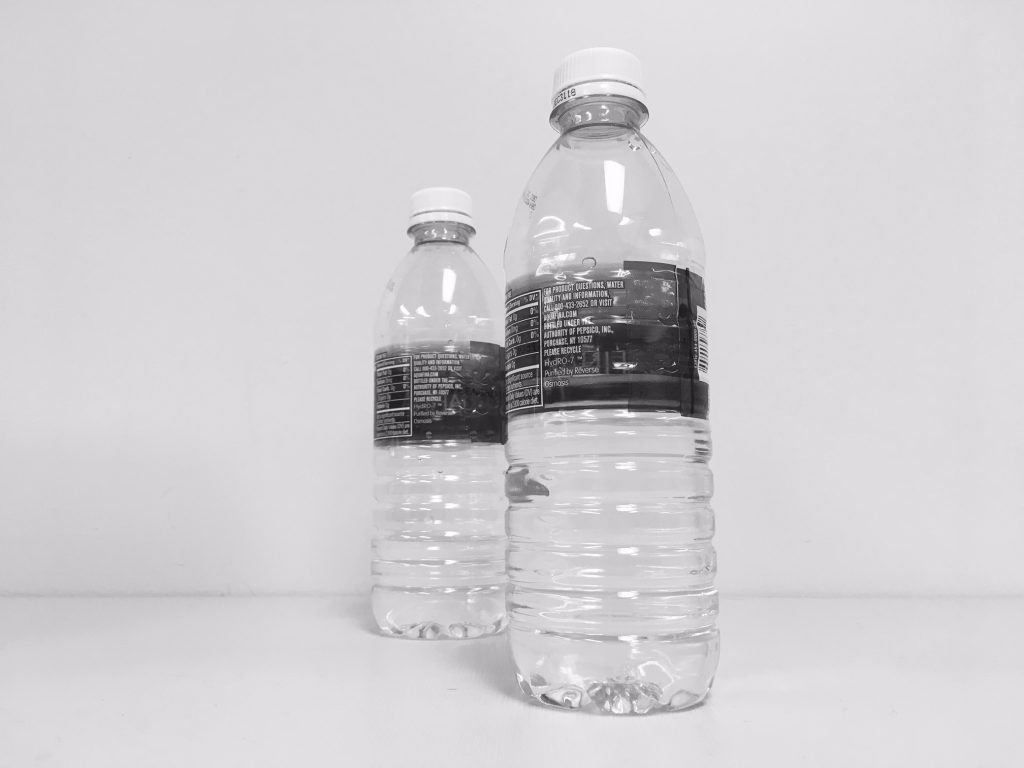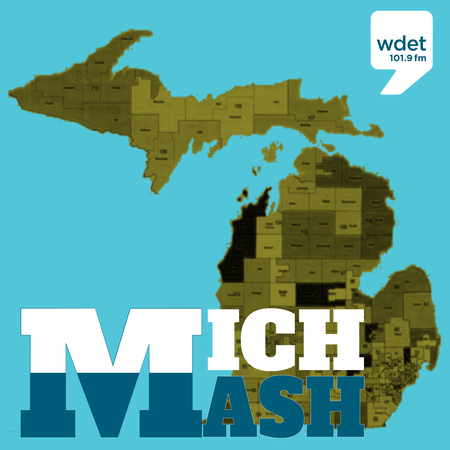MichMash: The ‘Nestle Loophole’ And The Political Will To Stop Giving Away Great Lakes Water
Jake Neher and Cheyna Roth talk about whether Michigan can restrict the commodification of water, and whether there’s any political will to do it.


A controversial decision this year to allow Nestle to pump hundreds-of-thousands of gallons of water from a West Michigan well has critics calling for a change in Michigan law.
They want to prevent bottled water companies from pumping vast quantities of water at a tiny cost and selling it for huge profits.
Can Michigan prevent this commodification of water?
As part of a new weekly series called MichMash, WDET’s Jake Neher and Michigan Public Radio’s Cheyna Roth unpack that question and look into the political will to take action on this issue.
Click on the audio player above to hear that conversation.
Nestle can pull about a half-million gallons of water a day out of a well in Western Michigan, then turn around and sell the water in its plastic bottles. It’s a controversial business arrangement that spurred thousands of people in Michigan to voice their opposition, explains Roth. But it’s allowed because of a provision in the Great Lakes Compact.
Way back in 2008, all the Great Lakes states came together and created the aptly named Great Lakes Compact. That agreement put restrictions on drawing water out of the Great Lakes and its waterways. But there’s a loophole specifically for bottled water companies, which gave Nestle the ability to take the water.
Noah Hall is an environmental and water law expert at Wayne State University. He says states have the power to prevent this from happening.
“To be very clear — just because the Great Lakes Compact allows the diversion of Great Lakes water in little plastic bottles does not mean that an individual state must also permit it.”
So states could be more restrictive. But as Neher explains, “The question now is, will we be?”
Democratic state Sen. Rebekah Warren (D-Ann Arbor) is working on ways to make sure that if water is taken, it’s not going to have a negative impact on the environment.
“Some of these places, especially up north, where we have award-winning cold water trout streams, if you start taking a lot of water, water levels drop, water gets warmer, habitats change, fish can’t reproduce in the same way,” she said. “So it really has an impact, not just on the character of the community, but on actual ecosystems.”
Warren wants to pass a law that requires an impartial tool be used to determine if pulling water from an area will hurt that area. She said in the case of Nestle, the Department of Environmental Quality let Nestle conduct its own test on whether the well could handle an increase in water withdraw. Warren said, it should be up to the state and its tools to make that decision.
“Should we be having this debate and since we’re not right now, how much longer are we going to kick this bottle down the road?”
